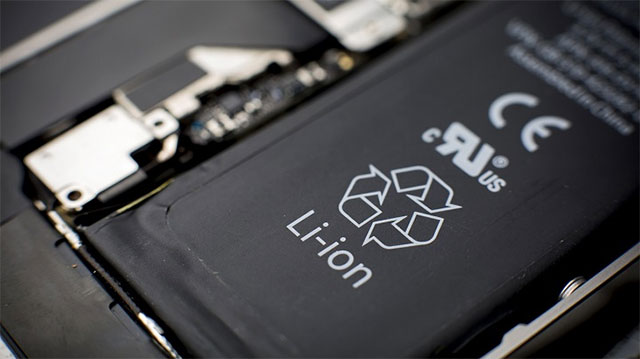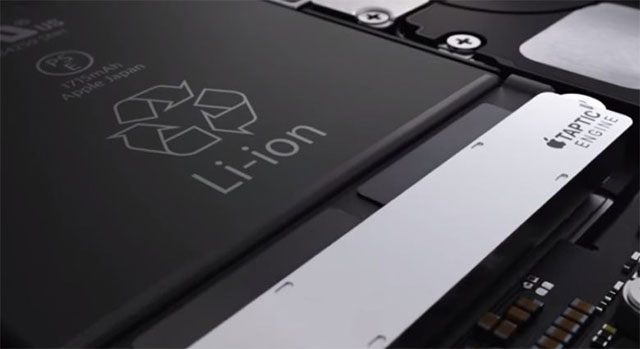A company claims to recycle 100% of the materials that make up Li-ion batteries
Li-Cycle, a research company in the field of energy storage technology in Canada. Although they have only been established for 3 years, they have stated that they can create environmentally friendly lithium-ion batteries by recycling 80-100% of battery materials.
Kunal Phalpher, a member from Li-Cycle, has made comments on Energy-Storage. Indicating that the battery recycling process in both China and Europe is based on metallurgy, that is, using heat to separate batteries and recycle 30-40% of the material.

Li-Cycle's battery recycling process will consist of two very different steps. The first will be the small size reduction, chopping the battery and removing unnecessary plastic and metal. Phalpher said, "The end result will be that the electrode materials have been shredded, that's the real value of the battery."
Even power-saving batteries can perform chopping, which means that the battery discharge step can be removed before processing.

The next step in the recycling process is chemical treatment and metallurgy with water. Phalpher said "We will take chopped metal and in turn take out its composition, which will be lithium carbonate, lithium, graphite, cobalt, copper, aluminum, and iron if any" .
According to Phalpher, existing battery recycling plants "using a metallurgical process do not get any of the lithium."

Portable electronic devices and electric vehicles are the target for this new battery processing process. The same is true because the amount of cobalt in each device in these two sectors is very large.
Besides handling li-ion batteries, large-size energy storage devices are new technologies developed. Most of these devices are not depreciated yet, so it is impossible to consider recycling them.
Phalpher shared, "The most eye- catching element is nickel, cobalt, lithium, and even a certain amount of copper is of high value. That is our main source of income at the end of the process . " He insisted on acquiring up to 80-100 of the amount of material used to make batteries.
At present, the capacity of a chopped battery factory in Canada is 5,000 tons, however, the second phase of the plant has not reached the range yet, it should continue to be developed for the whole recycling line to be effective.
You should read it
- ★ Learn about some Battery technologies
- ★ 'Dissecting' Lithium batteries to find out the cause of the fire due to backup charging?
- ★ Battery thin-film - A safe alternative to lithium-ion batteries
- ★ What is solid battery? Will they solve the battery life problem?
- ★ Causes and ways to detect iPhone batteries are about to explode